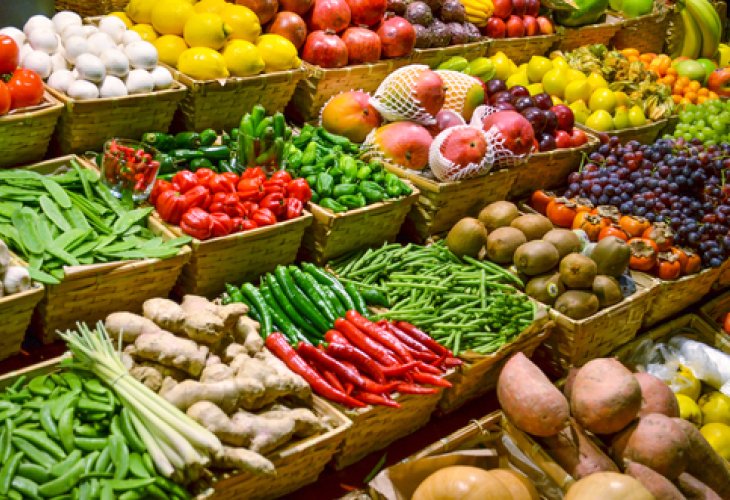Going to the Market? A Few Important Things to Know
A helpful guide to navigating post-Shmita produce at the market

The Shmita year of 5775 has ended, but fruits and vegetables with Shmita sanctity are still available in stores. Here is a brief guide clarifying the sanctity status of fruits and vegetables currently in the market, by Rabbi Halpern.
For which fruits and vegetables has the Shmita year ended?
Generally speaking, we consumers should consider that Shmita continues for the following vegetables: garlic, dry onions, pumpkin, and butternut squash. For carrots and sweet potatoes, it depends on the halachic authority you follow. Additionally, Shmita continues for all types of fruits, at least until Passover, and for some, even after that.
For all other vegetables, the Shmita year has ended, and they may be purchased without Shmita concerns, provided that tithes have been properly separated.
Is it still advisable to buy from stores with stringent kosher certification after the Shmita year?
When buying from a vegetable vendor without stringent kosher certification, we should only purchase vegetables no longer subject to Shmita laws, and remember to separate tithes at home without a blessing.
If buying from a vendor who sells only vegetables, we should try to pay the exact amount as much as possible, to avoid receiving change.
For fruits only, one should purchase from stores with stringent kosher certification, or from stores that have a list of fruits under supervision, due to concerns about Orlah (fruit from trees less than three years old).
 (Illustration photo: Shutterstock)
(Illustration photo: Shutterstock)
